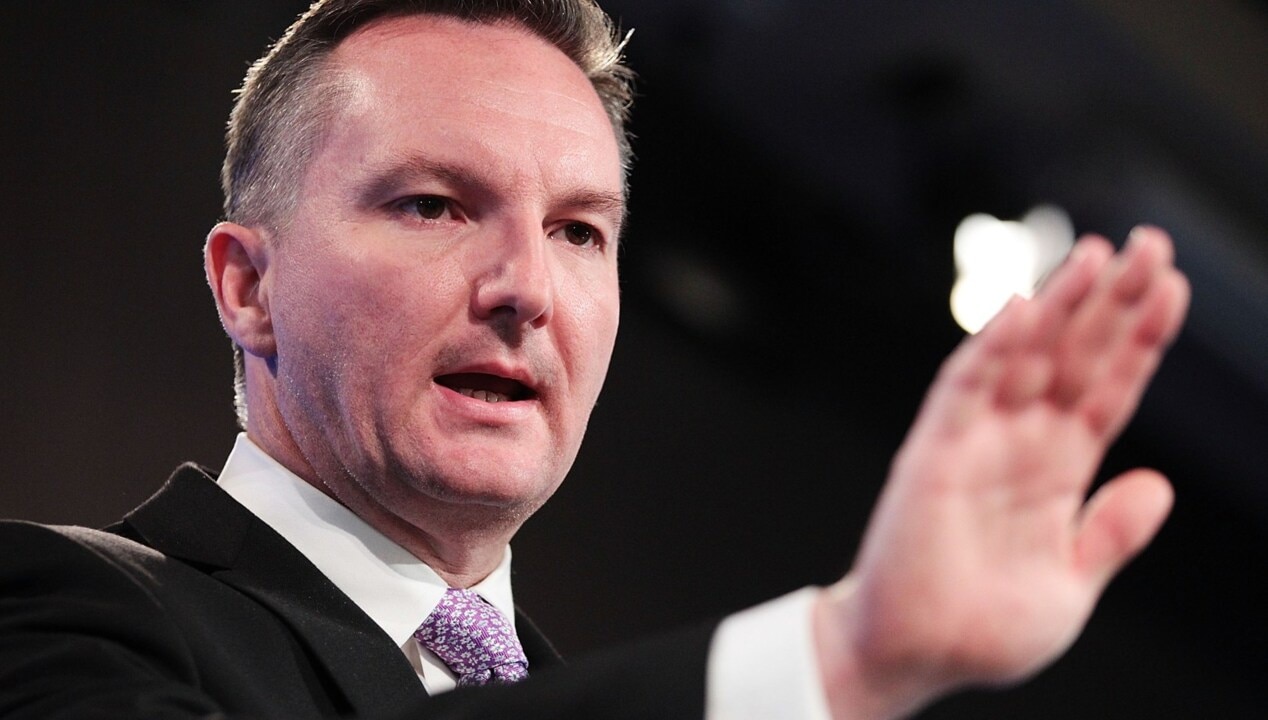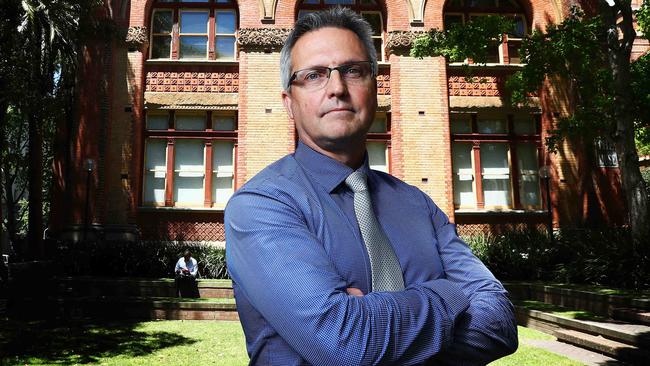Flawed loan system creating key skills shortage
Take a snapshot of the skills needs of our nation and you might see how big the problem of our skills shortage might become if it’s not urgently addressed, writes Jon Black.

Opinion
Don't miss out on the headlines from Opinion. Followed categories will be added to My News.
TAKE a snapshot of the skills needs of our nation and you might see how big the problem of our skills shortage might become if it’s not urgently addressed.
There are major challenges in community services, business and financial management, as well as manufacturing, electrotechnology and engineering. Statewide, our economy needs an additional 50,000 skilled construction workers and 19,000 chefs. The right policy settings are critical if we’re to ensure a healthy and growing VET sector.
A key part of that is a federal loan system that protects taxpayers, and also provides students with access to high quality vocational education and training. We need a supportive policy environment and a system committed to creating opportunities for vocational education graduates.
LOAN NIGHTMARE KILLING TAFE SKILLS PUSH
The VET FEE-HELP system was a catastrophe, with dodgy providers helping themselves to huge profits at the expense of students. We congratulate the federal government on cleaning it up, and for putting the less scrupulous operators out of business.

The new VET Student Loans program, however, has swung the pendulum too far the other way, and it’s having disastrous consequences for enrolments in diplomas and advanced diplomas at respected providers like TAFE NSW.
The new loan application process is onerous, perhaps by design, and certainly very much in contrast to the equivalent university process.
In many cases prospective diploma students are annoyed, confused and a lot are simply giving up.
In fact, just $22 million — or 18.3 per cent — of the federal government’s $120 million funding allocation for TAFE NSW VET student loans was drawn down in 2017.
Put another way, the federal government fell more than 80 per cent short of its own target.
As bean counters in Canberra bank these savings, I shudder to think about the impact on our nationwide TAFE network and, more importantly, about the loss of skilled graduates we need to drive the economy.
MORE PROJECT SYDNEY
Project Sydney: Public transport the key to everything
Project Sydney provides new work experience placements in 2018
Project Sydney: What do we need to achieve?
Just picture what Sydney’s future could hold?
You would expect diplomas in building and construction to be surging on the back of a pipeline of infrastructure investment. And that’s certainly the case with apprentices, where enrolments for electricians are up 19 per cent, and enrolments for both carpenters and plumbers are up 11 per cent. Sustained investment of more than $1.3 billion a year by the NSW government has driven up nursing enrolments, along with a 23 per cent rise in horticulture enrolments and a 13 per cent increase in IT enrolments. But the future building supervisors and superintendents, whose skills would be honed by a diploma in building and construction, are being deterred by a flawed system.
Indeed, as reported recently in this paper, the number of students accessing a Commonwealth loan in this area is down 80 per cent, while diplomas in early childhood education are down 63 per cent and diplomas in information and communications technology are down 48 per cent.
In fact, the total number of Commonwealth-supported loans across TAFE NSW’s top 20 diploma courses has more than halved over the last two years. A difficult competency test, a “cooling off” period which prevents students from applying for their chosen course on the spot, loan caps, reams of post-application admin, and a 20 per cent fee for your trouble are just some aspects of what is a complicated and unwieldy loan application process. Faced with the choice, why would you go through the hassle of a VET Student Loan when you can get a HECS loan at the click of a mouse?
We will not properly address the skills shortage in our nation until we start to think rationally about a system that’s churning out law graduates at the rate of 20 for every graduate position, while failing to produce the workforce Australia needs today.
To be very clear, we’re not asking for any special favours. We’re simply asking that public TAFE students are treated the same as public university students.
They deserve it, and the economy depends on it.
Jon Black is the managing director of TAFE NSW.

